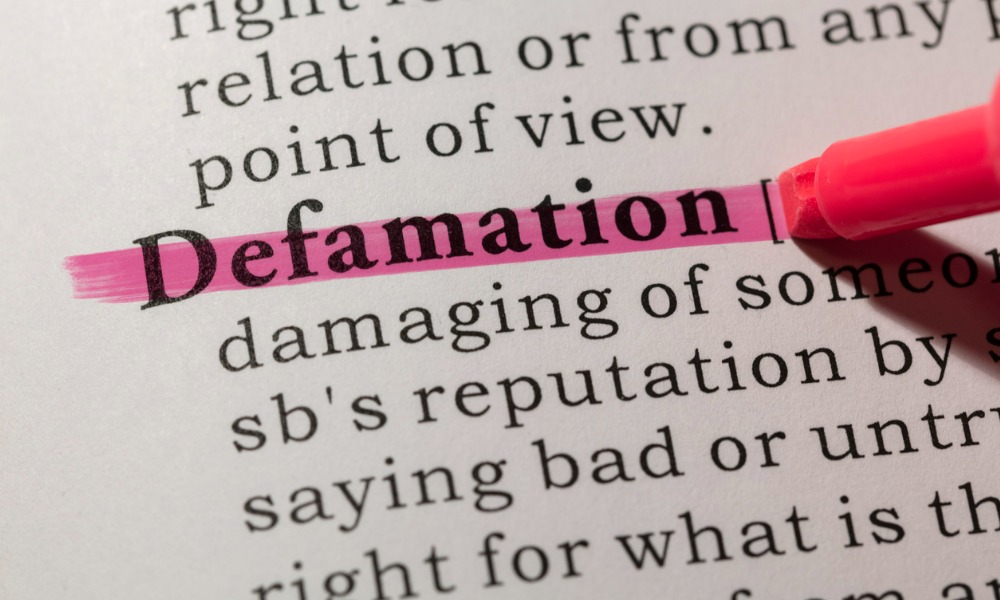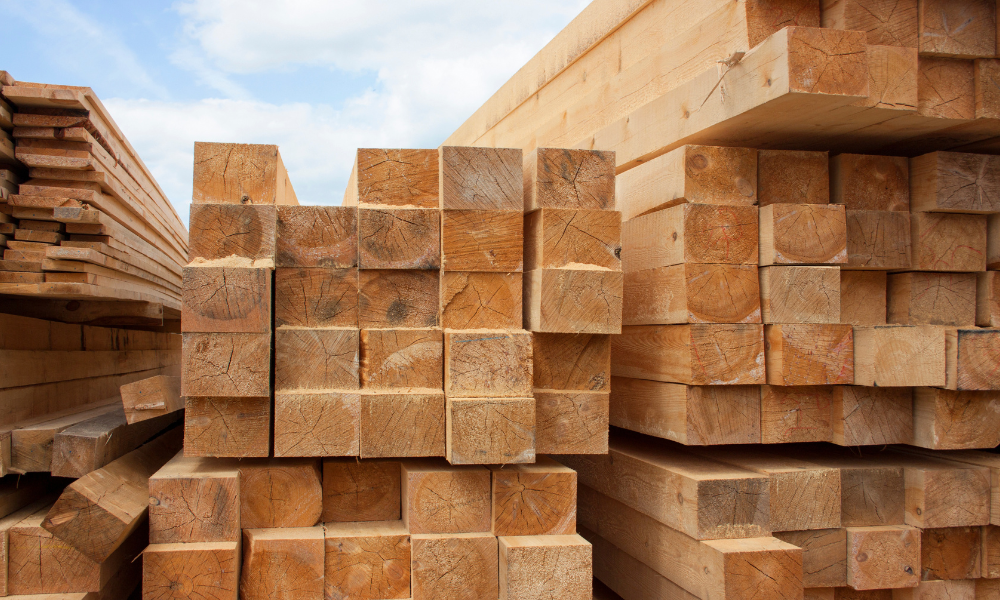When you or your organization, company, or corporation has been a subject of malicious libel or slander, suing for defamation might be your first instinct. Before proceeding with such a lawsuit, it is better to evaluate first whether it is worth suing for defamation.
Can you sue for defamation in Canada?
Individuals and corporations or organizations may sue for defamation in Canada. It is prudent to familiarize oneself with the different governing laws to see whether it is worth suing for defamation, libel, or slander in Canada. These laws are:
- Canada’s Criminal Code
- provincial legislations
- Québec’s Civil Code
- common law
These laws and the circumstances of the plaintiff’s case will dictate:
- where the defamation case should be filed
- what evidence to prepare
- what penalties a person or corporation faces when found guilty of committing defamation
As a plaintiff, it is important to check on these things to see whether your case is worth pursuing.
1. Canada’s Criminal Code
Defamation – specifically defamatory libel – under Canada’s Criminal Code is defined as (section 298):
- the publication of any matter that:
- will likely cause injury to a person by exposing them to hatred, contempt, or ridicule; or
- is designed to insult a person
- where the publication may either be:
- through direct expression of damaging statements; or
- implied damaging statements through insinuations or ironies.
2. Provincial legislations on defamation
Aside from the Criminal Code, a person or a company that is damaged by a libelous or defamatory act may also sue under their respective provincial legislations on defamation, libel, and slander. Some of these legislations are:
- Ontario: Libel and Slander Act
- British Columbia: Libel and Slander Act
- Alberta: Defamation Act
- Manitoba: The Defamation Act
It is also important to check with local lawyers to help plaintiffs determine whether it is worth suing for defamation. For instance, Ontarians are encouraged to consult with a top-ranking defamation lawyer in Ontario for details in filing a suit under the Libel and Slander Act.
3. Québec’s Civil Code
Defamation cases within the province of Québec will be governed by its Civil Code. While it does not have a specific provision on defamation, libel, or slander, Article 1457 of the Civil Code will apply when a plaintiff sues for defamation.
Under Article 1457, a person is bound by law to prevent causing injury to another. When this is violated, they will be liable for damages and/or reparations whether it be physical, psychological, or material in nature. A person who commits defamation violates this specific provision and will be liable for civil damages.
Watch this video to learn more about the factors that affect Québec courts in calculating damages:
Details on defamation under Québec’s Civil Code may be consulted with a Lexpert best-ranked defamation lawyer in Québec.
4. Canada’s common law
Precedents have been established under Canada’s common law, which will govern certain procedures when a person files for defamation. Some of these significant common law or case law principles established certain defenses and requisites that the defendants must prove when claiming under these defenses (e.g., Grant v Torstar Corporation, WIC Radio v Simpson). Others clarified the jurisdiction of Canadian courts in trying defamation when international borders are concerned (e.g., Black v Breeden).
Common law is also a basis for computing the amount of damages that a plaintiff may claim against the defendant, provided that the case or the precedent is similar to the plaintiff’s.
What is the penalty for defamation under Canadian laws?
To help plaintiffs decide if the publication is worth suing for defamation, they may also look at the penalties under Canadian law when a person is adjudged to be guilty of committing defamation, libel, or slander.
Penalties for defamation under the Criminal Code
One of the main considerations in evaluating whether it is worth suing for defamation is the possible penalties to be imposed on the violator.
Under the Criminal Code, a person or an entity who committed defamation may be imposed with any of these penalties:
- Imprisonment:
- not more than 5 years for libel known to be false; or
- not more than 2 years for defamatory libel; or
- Fine of not more than C$ 5,000
Civil liabilities of defamation
Canada’s common law and the provincial laws on defamation provide that plaintiffs may claim for civil liabilities – or a combination of these – from persons who are found guilty of defamation.
Plaintiffs may want to check if the damages they are claiming are sufficient and if it is worth their time and resources to undergo litigation.
In general, civil liabilities under Canadian laws are the following:
General damages
General damages are awarded by the court to the successful plaintiffs for their non-monetary or non-economic damages. Also known as “pain-and-suffering damages”, general damages are awarded to compensate for the plaintiff’s psychological or emotional trauma, inconvenience, loss of enjoyment of life, among others.
For example, general damages are claimed to compensate for a corporation’s or a company’s injured reputation, or for the mental hardships and damage to the social standing suffered by an individual due to defamation.
Special damages
On the other hand, special damages are the financial or out-of-pocket losses that the plaintiff suffered because of the act or omission of the defendant.
Special damages may be awarded when the plaintiff can prove that their livelihood has been affected by the defamatory publication or statement.
Special damages may also be awarded if a company or a business has suffered significant losses after the defamatory publication or statement has been made.
Non-compensatory damages
There are three kinds of non-compensatory damages that may be awarded by the court to the plaintiff:
- Punitive damages: to penalize the defendant for their acts or omissions;
- Aggravated damages: to compensate the plaintiff when the defendant's acts are highly oppressive; or
- Nominal damages: to compensate the plaintiff if they have only proven that they have suffered a slight injury.
Injunction
The court may order an injunction when it is part of the relief that is claimed by the plaintiff. There are two kinds of injunctions that may be ordered by the court:
- Interlocutory or pre-trial injunction
- Long-term injunction
When awarded, it compels the defendant to initially, or permanently, cease from publishing the defamatory statements.
To find out more whether it is worth suing for defamation, consult with the best-ranked defamation and media litigation lawyers in Canada and be appraised of the strength of your claims.
Related Articles You Might Like:
Punitive damages vs. compensatory damages: differences and similarities





